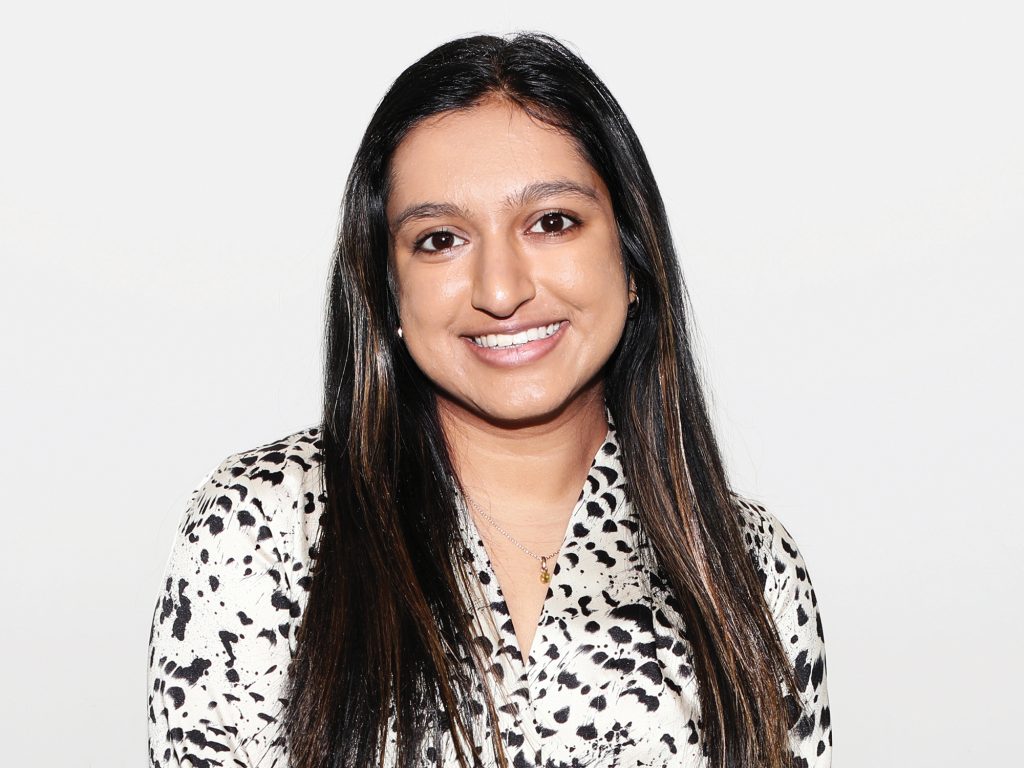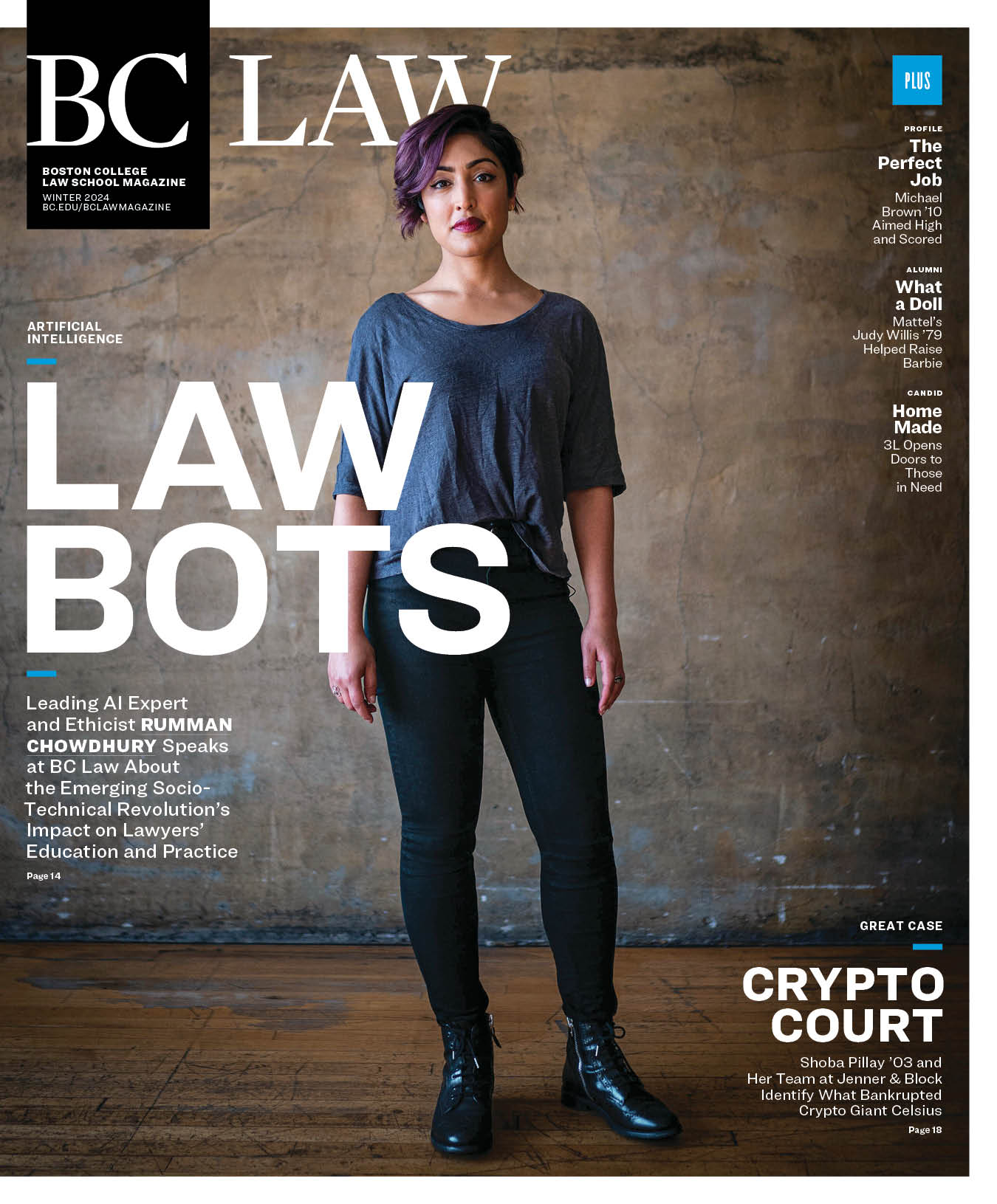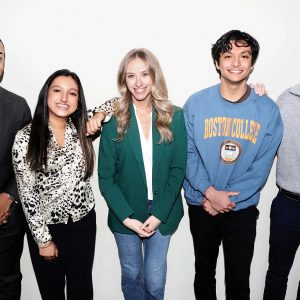It was a cold autumn evening in Ann Arbor—wood crackling in the fireplace as the kids gathered around the TV. Even at the age of six, I noticed a solemnity in the room; I had questions that I didn’t dare ask. I wondered why we had made this trip to Michigan, why the adults were always talking in whispers, and why my aunt had so much less hair compared to when I last saw her. I later learned this was a goodbye trip. My aunt had been battling leukemia; she had been waiting six months for a bone marrow donor, but to no avail. Soon after, we said our farewell over the phone.
Later, I came to understand that it wasn’t my aunt’s health, but the healthcare system that truly failed her. While learning about healthcare inequities in my biology class, my mind went straight to memories of her: how she spent half a year on the bone marrow registry list as her health deteriorated because there weren’t enough South Asian donors on the registry for her to find a match.
I decided to do something about it. I volunteered for SAMAR, a bone marrow registry focused on finding South Asian donors. While coordinating awareness drives and campaigns at Indian community events, I saw firsthand how legal advocacy can increase access for patients. During my time at SAMAR, the organization’s success convinced Congress to pass the Stem Cell Therapeutic and Research Reauthorization Act in 2015, renewing our mandate to help blood cancer patients, like my aunt, in need of a transplant. This opened my eyes to how the law is a strong channel to address issues I cared about.
My legal activism kicked into high gear. I attended women’s marches with Planned Parenthood pushing for greater abortion protections and helped draft petitions for a local water policy initiative. For my senior project, I worked at Visions and Pathways, a nonprofit that helps homeless and at-risk youth. One of my mentors was a lawyer who emphasized how complex and restrictive laws obstructed effective solutions to homelessness. While visiting a housing facility, I met a recently homeless eighteen-year-old. The legal system decided he had “aged out” of foster care but granted him no transitional housing or support. It was the law to deprive these people of their everyday needs. I had been so naïve: The law was not just a force for good, but also a means to enshrine inequity.
Later, studying international relations at the University of Southern California, my outlook expanded from focusing on new, beneficial legislation, to identifying legal challenges, specifically on a global scale. I started using journalism to highlight underreported human rights issues from caste persecution in India to the civil crisis in Mozambique. As an intern at the US Agency for International Development (USAID)’s Power Africa office, I observed the behind-the-scenes of lawyers and policymakers addressing pressing global challenges, and I collaborated with a legal officer who was helping build housing centers for young mothers. It gave me hope that government mechanisms were actively promoting social welfare.
In contrast, my experience working at the US Department of Defense painted a grimmer picture. Nine months into our work to prevent cybercrime, and having successfully countered resistance from some commanding officers, our project was suddenly shut down by the legal team with little explanation. I was dismayed. If allowed to continue, our project could have protected millions from cybercrime, but legalities again stood in the way.
When chatting with the general counsel of Power Africa recently, I realized that maybe it isn’t really the duality of the law creating these disparate impacts, but the duality of man. We talked about the law’s unmatched power to advance social justice, from the grassroots level to international agencies. But, at any level of activism, the law doesn’t just exist; you need the right people to implement it. She taught me that law school and legal practice require dedication, but passion for advocacy is not a skill that is learned. It stems from within.
For me, that fire, as my mother likes to call it, has been lifelong. She and I often reminisce about our final night in Michigan all those years ago. I begged her, with as many well-reasoned arguments as I could muster, to let me stay up past my 8 p.m. bedtime. When it comes to things I care about, I always give my all, even in the face of insurmountable obstacles, which for six-year-old me included my mother. After a few minutes arguing back and forth, I successfully convinced her. Immediately, we heard a booming laugh from across the room. My aunt had been listening in. She then looked over at my mother and said, “Wow… she should be a lawyer.”








